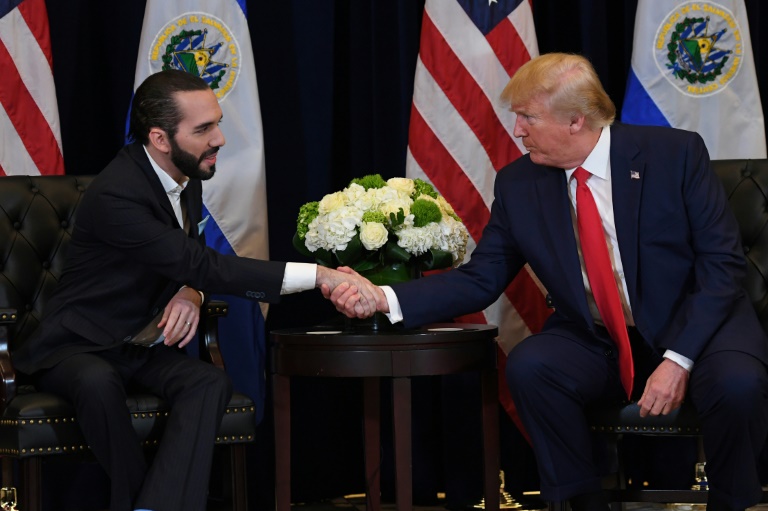President Donald Trump is meeting with El Salvador’s President Nayib Bukele at the White House to discuss their joint efforts on immigration and security. This meeting comes as both leaders face criticism over the handling of migrant deportations and human rights concerns.
El Salvador has become a key partner in the United States’ recent deportation efforts. Since March, over 250 migrants, mainly from Venezuela, have been sent to El Salvador under a deal between the two countries. These individuals are being held in El Salvador’s high-security prison, known as CECOT, as part of a crackdown on alleged gang members.
The Trump administration has used the 18th-century Alien Enemies Act to justify these deportations. However, this approach has raised legal questions, especially in the case of Kilmar Abrego Garcia, a Maryland resident who was mistakenly deported despite a court order protecting him. The U.S. government has acknowledged the error but maintains that Abrego Garcia is now under El Salvador’s jurisdiction.
Human rights groups and some legal experts have expressed concern over the treatment of deportees in El Salvador. Reports suggest that many of those deported have not been formally charged with crimes, and their families dispute claims that they are involved in gang activities. The conditions within CECOT prison have also been criticized for being harsh and inhumane.
Despite these concerns, President Trump has praised President Bukele’s efforts in combating gang violence and has described their partnership as a model for regional security. The U.S. has provided El Salvador with $6 million to support the incarceration of deported individuals, and there are discussions about further economic cooperation.
Trade relations between the two countries are also on the agenda. El Salvador is seeking relief from the 10% tariffs imposed by the U.S. on certain goods. With the U.S. being a major trading partner and home to a significant Salvadoran diaspora, economic ties are an important aspect of the bilateral relationship.
The meeting between Trump and Bukele highlights the complexities of international cooperation on immigration and security. While both leaders emphasize the importance of law enforcement and border control, critics argue that these policies may undermine human rights and due process.
As the discussions continue, the international community watches closely to see how the U.S. and El Salvador navigate the balance between security interests and the protection of individual rights.

